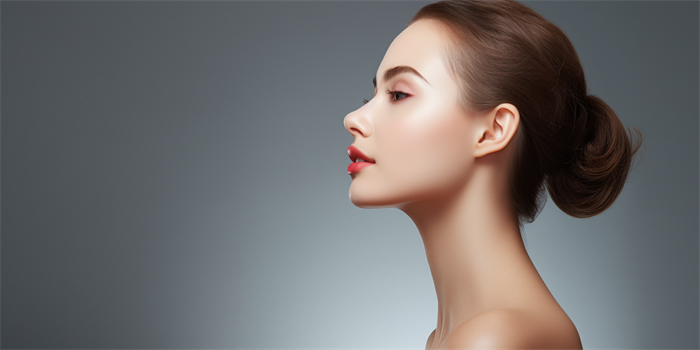The Pros and Cons of AlloDerm in Dublin
Introduction to AlloDerm
AlloDerm is a type of graft material derived from donated human tissue, processed to remove cells and retain the extracellular matrix. It is widely used in various medical procedures, including plastic surgery, reconstructive surgery, and dental procedures. In Dublin, the use of AlloDerm has gained popularity due to its unique properties and effectiveness in certain applications.

Advantages of AlloDerm
1. Biological Compatibility
One of the primary advantages of AlloDerm is its high biological compatibility. Since it is derived from human tissue, the body is less likely to reject it compared to synthetic materials. This reduces the risk of complications and enhances the overall success rate of the procedure.
2. Reduced Scarring
AlloDerm can significantly reduce scarring, especially in procedures where tissue augmentation is required. By providing a natural scaffold for new tissue growth, it helps in achieving a more natural appearance and reduces the visibility of surgical scars.
3. Versatility
The versatility of AlloDerm is another significant advantage. It can be used in a variety of surgical procedures, including breast reconstruction, hernia repair, and periodontal surgery. This versatility makes it a valuable tool for surgeons in Dublin, allowing them to address multiple types of tissue deficiencies with a single material.
Disadvantages of AlloDerm
1. Cost
One of the main drawbacks of AlloDerm is its cost. The processing and preparation of the graft material require specialized techniques and facilities, which can make it more expensive than other types of grafts. This cost can be a barrier for some patients, especially those requiring multiple procedures.
2. Availability
The availability of AlloDerm can be limited due to the need for donated human tissue. This can sometimes lead to delays in surgical procedures, as surgeons may need to wait for the appropriate graft material to become available. In Dublin, where demand for advanced surgical techniques is high, this can be a significant issue.
3. Potential for Infection
Although AlloDerm undergoes rigorous processing to eliminate potential pathogens, there is still a small risk of infection. This risk is generally low, but it is something that both surgeons and patients need to be aware of when considering the use of AlloDerm in surgical procedures.
Clinical Applications in Dublin
1. Plastic Surgery
In Dublin, AlloDerm is commonly used in plastic surgery procedures such as breast augmentation and facial reconstruction. Its ability to integrate with existing tissue and promote natural healing makes it an ideal choice for these applications.
2. Reconstructive Surgery
For reconstructive surgery, AlloDerm is used to repair defects caused by trauma, cancer, or congenital conditions. Its biological compatibility and reduced scarring properties make it a preferred option for surgeons in Dublin.
3. Dental Procedures
In dental procedures, AlloDerm is used for gum grafting and other periodontal treatments. Its ability to promote tissue regeneration and reduce post-operative discomfort makes it a valuable tool for dentists in Dublin.
FAQ
What is AlloDerm?
AlloDerm is a type of graft material derived from donated human tissue, processed to remove cells and retain the extracellular matrix. It is used in various medical procedures to promote tissue regeneration and reduce scarring.
Is AlloDerm safe?
Yes, AlloDerm is considered safe for use in medical procedures. It undergoes rigorous processing to eliminate potential pathogens, and its biological compatibility reduces the risk of rejection.
How much does AlloDerm cost?
The cost of AlloDerm can vary depending on the specific procedure and the amount of material required. It is generally more expensive than synthetic grafts due to the specialized processing involved.
Can AlloDerm be used in all surgical procedures?
While AlloDerm is versatile and can be used in a variety of surgical procedures, it may not be suitable for all types of tissue deficiencies. Surgeons will evaluate each case individually to determine the best course of action.
What are the risks associated with AlloDerm?
The main risks associated with AlloDerm include potential infection and the possibility of tissue rejection. However, these risks are generally low due to the rigorous processing and high biological compatibility of the material.
In conclusion, AlloDerm offers numerous advantages in medical procedures, particularly in Dublin where advanced surgical techniques are in high demand. Its biological compatibility, reduced scarring, and versatility make it a valuable tool for surgeons. However, the cost, availability, and potential for infection are factors that need to be considered. Overall, AlloDerm remains a significant advancement in the field of regenerative medicine, providing effective solutions for a wide range of surgical needs.




